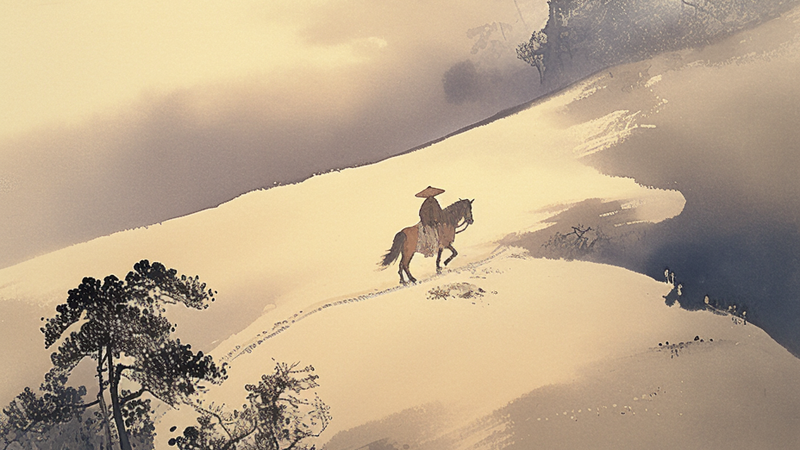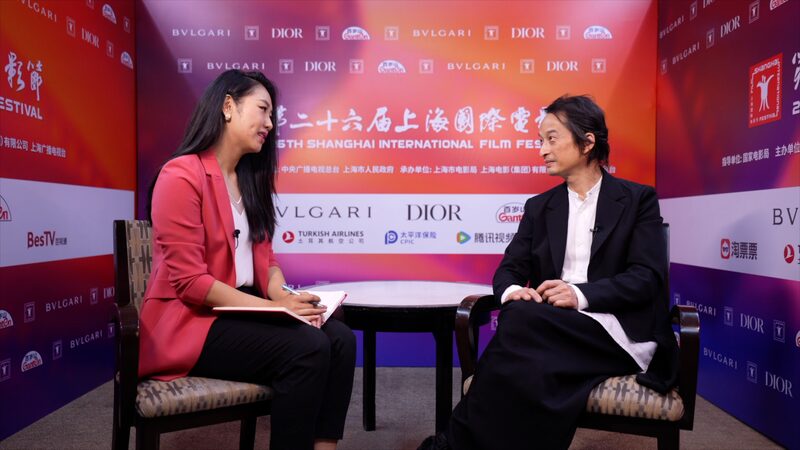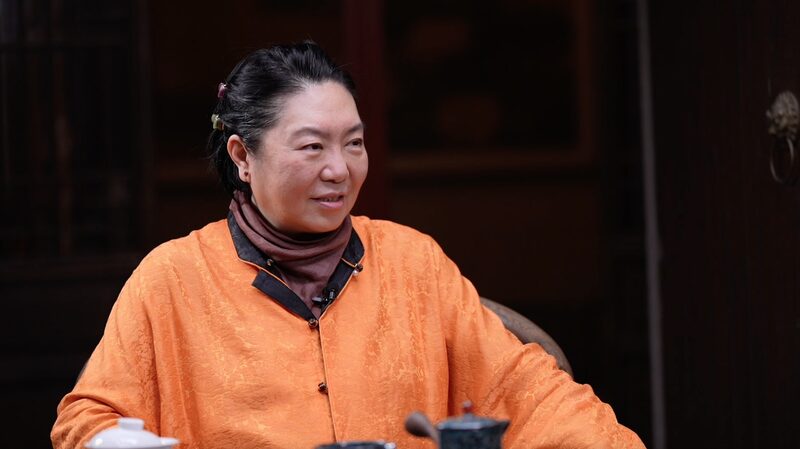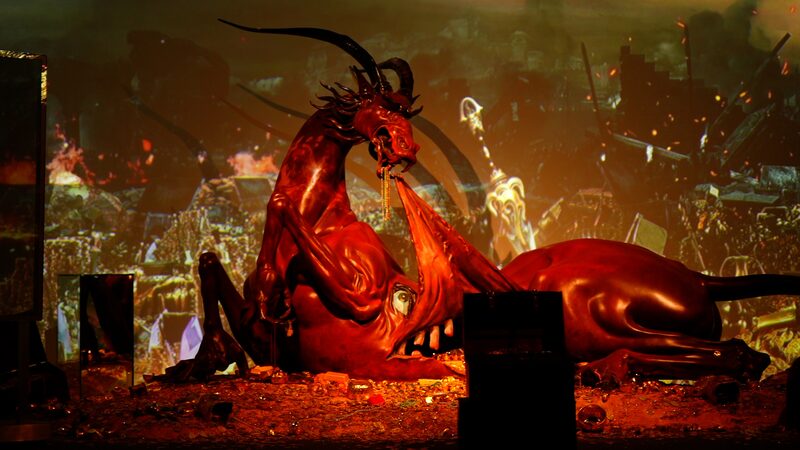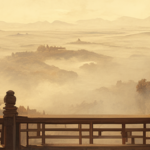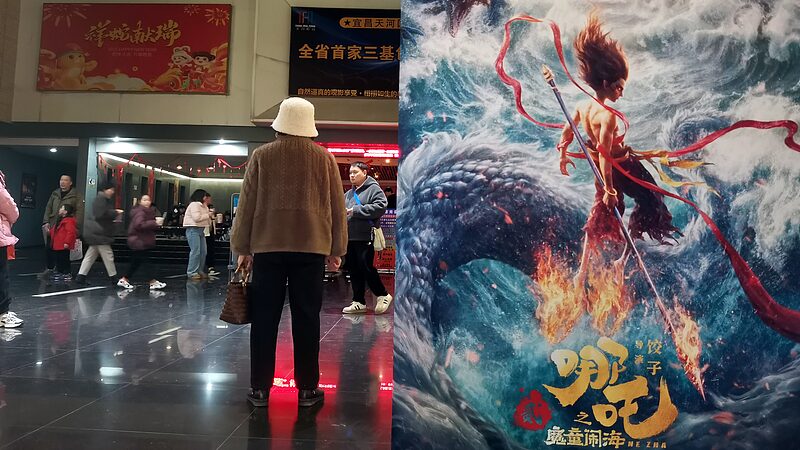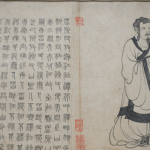Few poetic works capture autumn's haunting beauty as profoundly as Ma Zhiyuan's 13th-century masterpiece, ‘Tian Jing Sha: Qiu Si’ (Heavenly Pure Sand: Autumn Thoughts). Written during the Yuan Dynasty, this minimalist quatrain uses sparse imagery – withered vines, a lone traveler, and a fading sun – to evoke universal emotions of longing and impermanence that still resonate today.
Scholars note the poem's innovative structure, with each line building a fragmented scene that coalesces into a visceral emotional landscape. ‘It’s a masterclass in “showing, not telling,”’ says literature professor Dr. Li Wen of Peking University. ‘The imagery becomes a mirror for the reader’s own experiences of separation or transition.’
For global readers and diaspora communities, the work offers a gateway to understanding traditional Chinese aesthetics. Its melancholic tone reflects Daoist principles of harmony with nature’s cycles, while the solitary traveler embodies Confucian ideals of resilience. Cultural explorers will find parallels with Japan’s mono no aware concept – the bittersweet awareness of life’s transience.
Business analysts draw unexpected connections too. ‘Like modern startups navigating economic headwinds,’ observes Hong Kong-based strategist Karen Zhao, ‘the poem’s “lean horse” symbolizes perseverance through adversity. Asian markets have long valued this poetic approach to problem-solving.’
Reference(s):
cgtn.com
